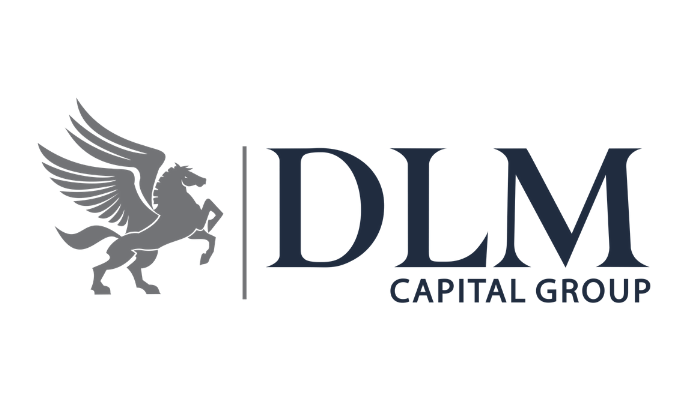DLM Capital Group has completed the issuance of a N9 billion Series 1 Sovereign Bond Backed Composite Notes (SBCN). This represents the first tranche under its N30 billion Medium-Term Note Programme.
The transaction was arranged with DLM Advisory, a subsidiary of DLM Capital, acting as financial adviser, structurer and joint issuing house. Alpha Morgan Capital served as lead issuing house and bookrunner, alongside Anchoria Advisory Services, Meristem Capital, SCM Capital, and Pathway Advisors as joint bookrunners.
The signing ceremony also brought together senior executives of DLM Capital Group, including Sonnie Babatunde Ayere, the Group CEO, Babatunde Obaniyi, Group Managing Director, DLM Global Markets, and Nwabu Okonkwo, Acting Managing Director, DLM Advisory.
Also in attendance were Olayimika Phillips, Kari Tukur, and Michael Orimobi, all Non-Executive Directors at DLM Capital Group; Kasham Musa Iliya, Non-Executive Director at DLM Global Markets; and Ohiani Idawu, Managing Director of DLM Nominees.
The instrument was issued through DLM Funding SPV Plc, a special purpose vehicle of DLM Capital. It introduces a new financing structure to Nigeria’s capital markets that blends sovereign credit protection with private-sector income generation.
Read Also: DLM opens bookbuilding on ₦30bn sovereign bond‑backed composite notes – Businessday NG
The SBCN, which matures in 2035, is approved by the Securities and Exchange Commission (SEC). The hybrid structure is designed so that its private-sector credit tranche is secured by Federal Government of Nigeria (FGN) bonds, which serve as the senior tranche.
Sonnie Ayere, the Group Chief Executive Officer of DLM Capital Group, said that this format provides investors with direct sovereign-backed principal and interest protection, while also opening up exposures to enhanced yields from corporate and consumer lending cash flows.
With a held-to-maturity yield of greater than 40 percent per annum, the notes are targeted at pension funds, asset managers, development finance institutions, and high-net-worth investors seeking a balance between safety and competitive returns.
He added that the instrument is aimed at deepening liquidity and channeling institutional funds into parts of the private sector that have long been neglected. “By channeling domestic capital into these critical but underserved sectors without exposing investors to excessive risk, it becomes possible to mobilize funding for parts of the economy that have long been overlooked,” he said.
The initiative comes at a time when corporate bond issuance in Nigeria has slowed dramatically. Since the Central Bank of Nigeria (CBN) raised the benchmark interest rate from 18.75 percent in 2023 to 27.5 percent in 2024, companies have shied away from long-term debt markets. Most issuers have instead relied on short-term commercial papers, priced at yields between 27 and 30 percent, to meet funding needs.
“Locking into debt for five to seven years at over 30 percent is financial suicide for most businesses,” Ayere told journalists at a media parley in June. He explained that the SBCN’s sovereign-backed design eases the cost of capital for borrowers by allowing the government credit rating to bear the bulk of the risk premium. “In many ways, it’s as if the government is helping to subsidize your borrowing, thanks to the sovereign-backed portion of the instrument,” he said.
Analysts say the product could offer dual benefits: providing investors with high-yield, low-risk exposure while giving companies and small businesses access to affordable long-term credit. The proceeds from the first tranche are expected to be invested partly in FGN bonds and partly in small and medium-sized enterprises (SMEs), which remain underserved by Nigeria’s financial system.
The N9 billion issuance marks the first step in DLM’s plan to raise N30 billion through the programme. If successful, it could reshape the risk-sharing dynamics of Nigeria’s debt market by blending public and private sector strengths.

